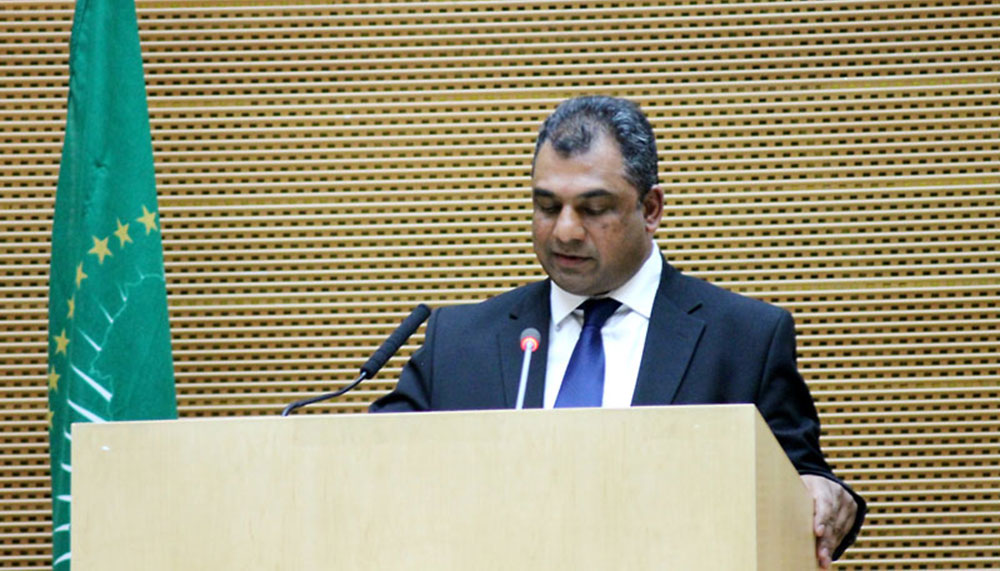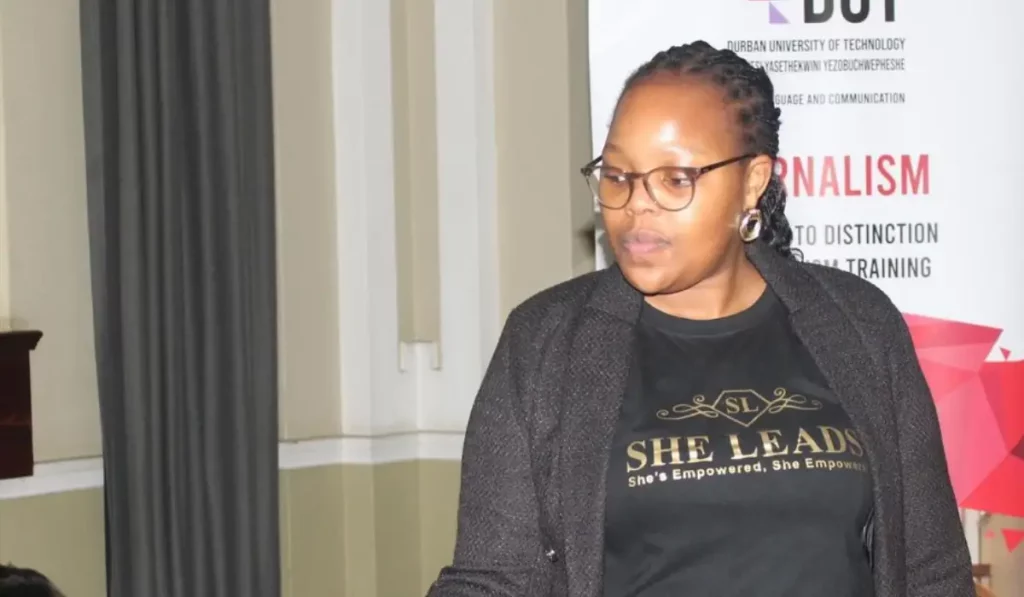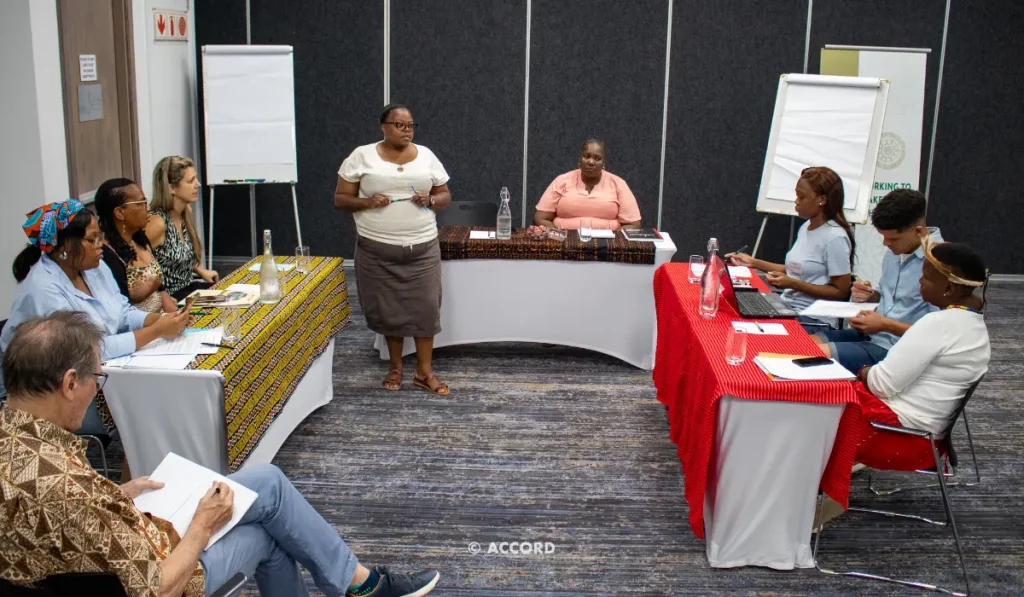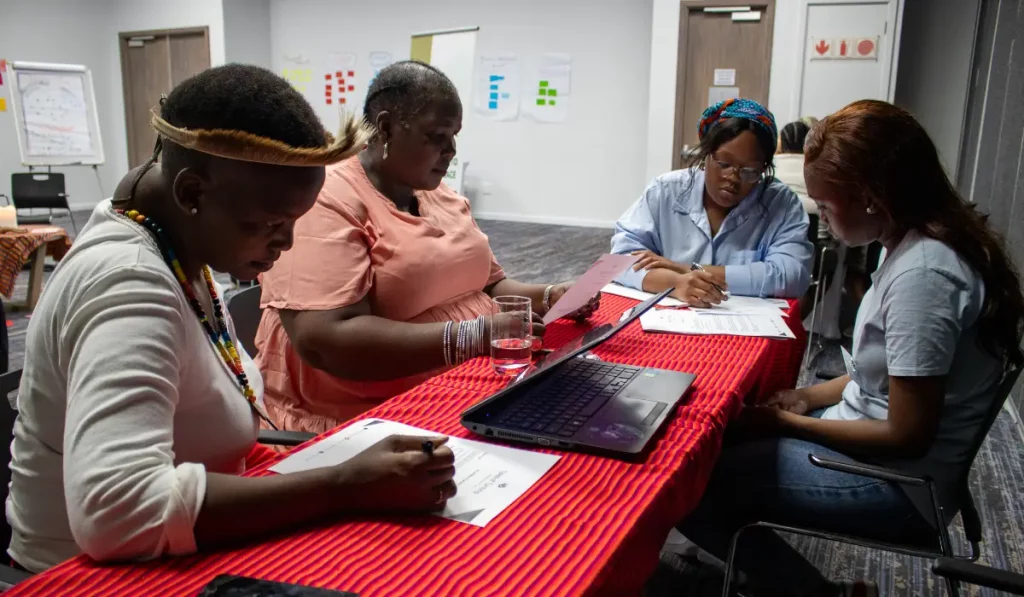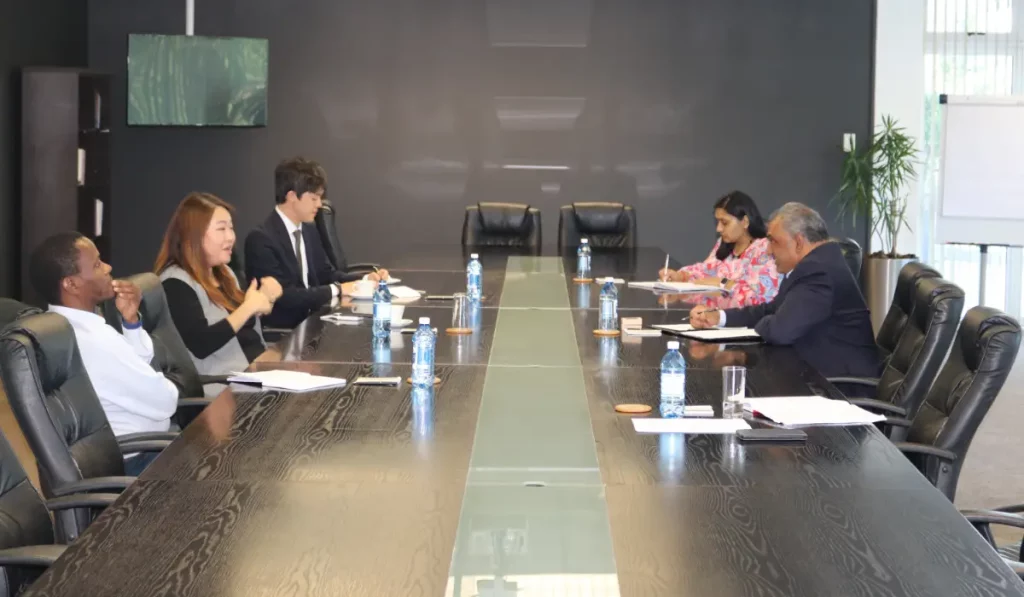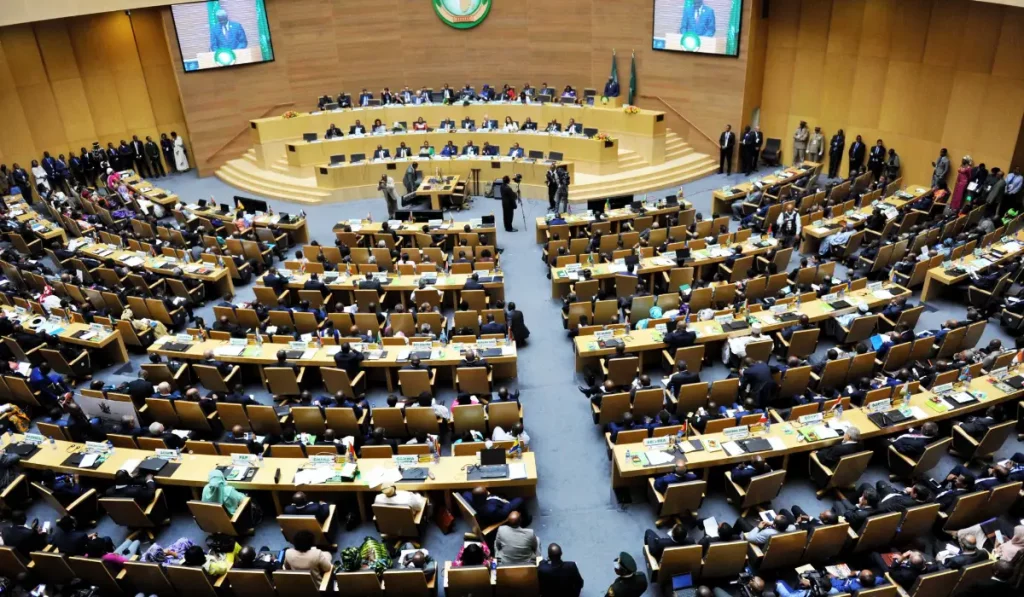As a cornerstone in the African Union (AU)’s quest for peace and security on the continent and as one of the main pillars of the African Peace and Security Architecture (APSA), the Peace and Security Council (PSC) commemorated its 10th anniversary in an open session on 25 May 2014 at the AU Headquarters in Addis Ababa, Ethiopia.
The event presented a forum for collective reflection and evaluations of the PSC which was launched 10 years ago with limited resources and inadequate organisational experience; but which has (today) become the first responder to conflicts on the continent. Based on the institutionalisation of about 75% of the APSA framework, the timely involvement of mediators and the deployment of peace support operations to Somalia, Mali and the Central African Republic, among others, there is no gainsaying that although funding, logistical and capacity challenges persist, the PSC’s record depicts an impressive evidence of its commitment to protect civilians, manage existing conflicts and prevent new wars.
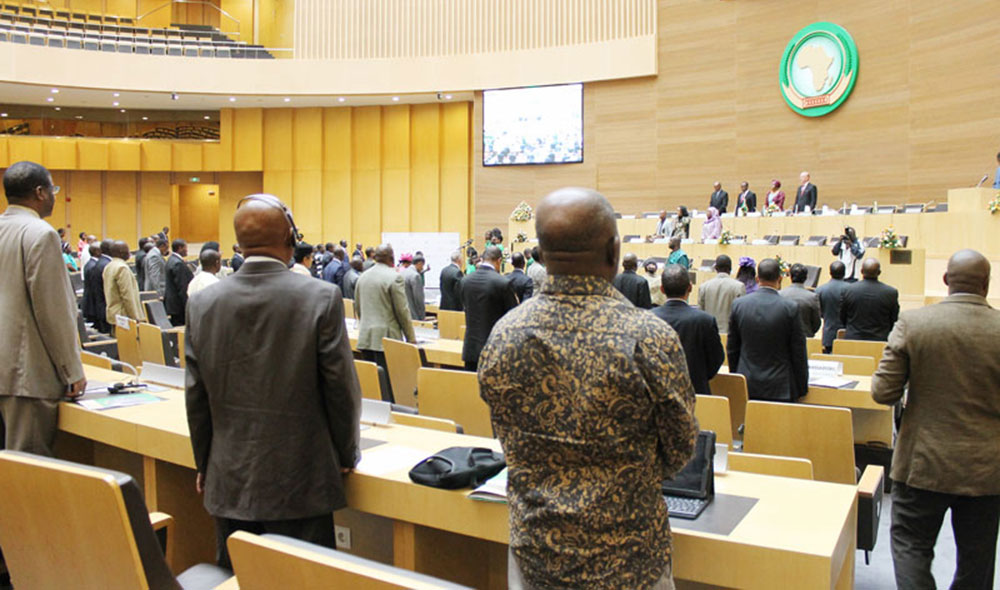
The participation of non-state actors in the PSC open session ensued from an invitation by the AU Commission addressed to ACCORD, ISS, OXFAM and WANEP to lead an initiative which would firstly assess the PSC in its first ten years of operation; making recommendations on what could be done better in next decade; and secondly explore how the relationship between the PSC and non-state actors can be enhanced to promote peace, security and stability on the continent. During the launch of the initiative on 16 April 2014 in Addis Ababa, the four CSOs committed to facilitate regional reflections among non-state actors ahead of 25 May 2014, with ACCORD leading consultations in southern Africa while also serving as Secretariat for the initiative.
By 21 May 2014, 93 representatives from over 50 leading civil society organisations (CSOs), the media, academic and research institutions, political groupings, think tanks and the private sector had been consulted to reflect on how the PSC has responded to some of the peace and security challenges that plagued their regions and Africa at large. These reflections were presented, discussed and compiled into a continental report during a workshop held from 22-23 May 2014 in Addis Ababa. The resulting report was submitted to the PSC in three official AU languages (English, French and Arabic); and the findings and non-state actors’ commitments were presented to the PSC by Mr Vasu Gounden, ACCORD’s Founder and Executive Director, on behalf of African CSOs as ‘Perspectives of African Non-state Actors on the Work of the PSC’.
Download the English, French and Arabic reports here.
Recognising the progress that the PSC had made, Mr Gounden regretted that early warning signals were not being translated into early responses and that implementation of AU summit and PSC decisions was still staled by funding constraints and a lack of political will of Member States to make bold decisions capable of preventing instability, minimising conflict escalation and preventing the emergence of new wars. He further suggested that in order to strengthen the impact of coordinated interventions and to avoid waste of resources in duplicity of initiatives, the PSC should urgently pursue and formalise a complementarity and subsidiarity agreement with regional economic communities (RECs)/regional mechanisms (RMs), AU Organs and other international bodies. Other key recommendations touched on issues such as lack of accessibility to the Economic, Social and Cultural Council of the AU (ECOSOCC); widening inequality and lack of socio-economic opportunities; threats of terrorism and inadequate post-conflict reconstruction strategies, among others.
In conclusion, Mr Gounden thanked the PSC for the opportunity to participate in assessing its work with a view of strengthening relations with African non-state actors towards achieving a peaceful, united and prosperous Africa. Speaking on behalf of African CSOs and other non-state actors, he ended by extending “a warm, critical, progressive and patriotic hand of partnership [to the PSC] to finally shape our own destiny…ONE AFRICA…ONE VOICE!” The chairperson of the PSC during May 2014, H.E. Ambassador Naimi Aziz of the United Republic of Tanzania, in response to the presentation, asserted that “undoubtedly, the PSC is looking forward to a very close collaboration and cooperation in future with civil society organisations in the promotion of peace and security on the continent.”
In line with commitments made by African non-state actors, ACCORD is embarking on a mapping exercise of active and authentic CSOs and other non-state actors working in the area of peace and security across southern Africa so as to feed into a databank currently being built by the AU Commission. The organisation continues to support the African Union by providing technical expertise, capacity strengthening and knowledge production, as well as by promoting dialogue, mediation and negotiation towards building peaceful co-existence in an interdependent world.

